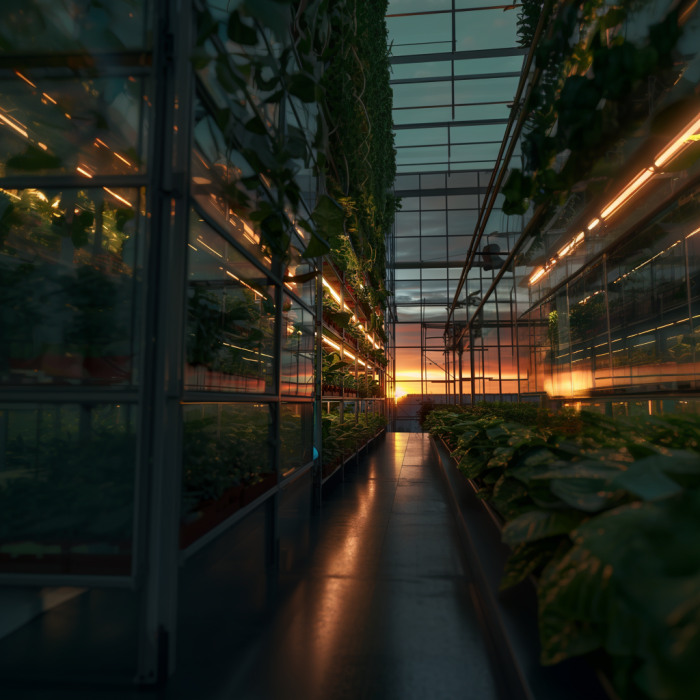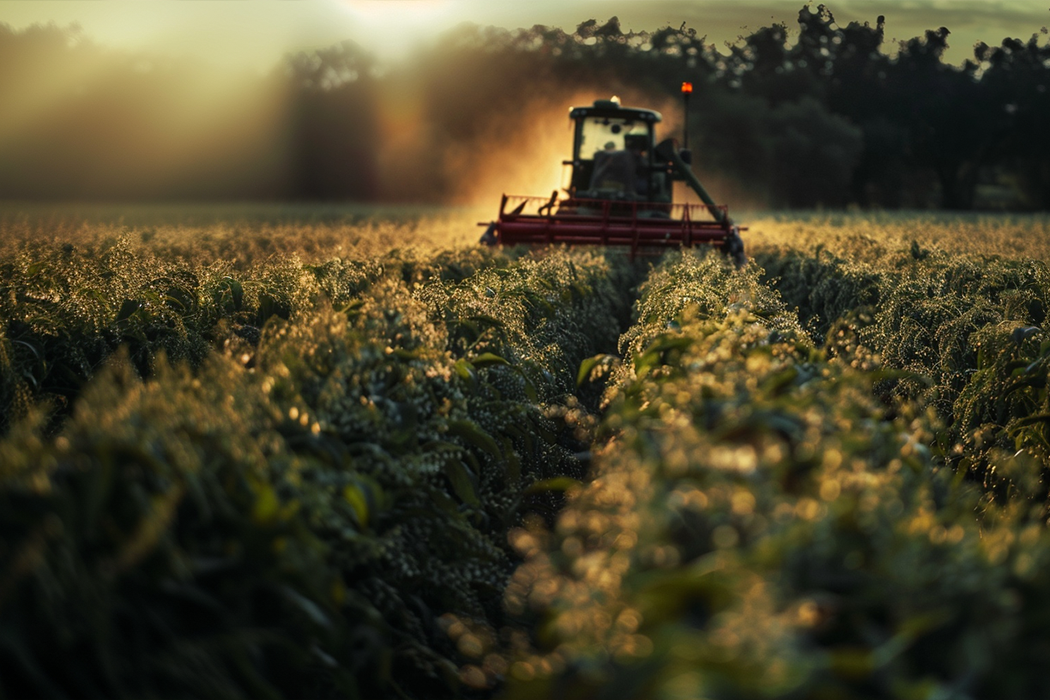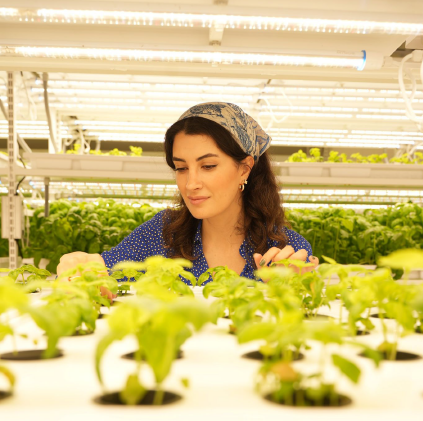- Home
- Following the Soil
- Towards a Green Revolution in Agriculture
Towards a Green Revolution in Agriculture

Smart applications are enabling groundbreaking innovations in many fields, from the organization of urban life to the arts. Agriculture also benefits from the effects of these innovations. So much so that the transformation in agriculture brought about by smart technologies is called the “Third Green Revolution”. Digital technologies affect agriculture in a multidimensional way, enabling the use of resources in the most efficient way possible and minimizing costs. Smart agricultural practices, which come to life by developing existing agricultural techniques in the light of technological innovations, help to improve production capacity, predictability and efficiency. Smart technologies, which aim to organize planting, irrigation and crop collection processes in a way that allows for the most efficient increase in agricultural productivity, ensure that farmers' decision-making processes produce effective results.
Digital technologies contribute to the development of agriculture through the use of agricultural drones, the development of precision applied and variable-rate agricultural technologies with Internet of Things (IoT) applications, the construction of smart irrigation systems, and the competence of soil and crop monitoring technologies. Precision agriculture technologies minimize input costs and enable farmers to have reliable statistical data on the areas they cultivate. Similarly, variable rate technologies allow farmers to calculate the optimal amounts of variables such as water, fertilizers and pesticides that should be used in cultivated areas, increasing the sustainability and efficiency of production. Early warning technologies enable farmers to protect their crops from potential damage caused by climatic conditions and other external factors, while agricultural drones enable the effective use and monitoring of cultivated areas and increase the efficiency of water use thanks to remote sensing technology.
SMART AGRICULTURE PROJECT FROM İGSAŞ: CEMRE İGSAŞ
Within the scope of the Smart Agriculture Project implemented by the R&D Center, a prototype of an aerial vehicle named CEMRE has been created. The following activities are planned to be carried out with CEMRE under the project:
Seed Ball Throwing Activity: In collaboration with an elementary school in Kocaeli, seed balls with students' names written on them will be thrown into an open area to create a forest, and its progress will be monitored together with the school. As part of this corporate social responsibility project carried out in Kütahya, a small forest was created in 2020 with the trees grown from the thrown seeds.
Agricultural Phenological Observation: By applying it with farmers who own large agricultural lands, the agricultural areas were observed from above. The project aims to transfer issues related to diseases, irrigation, and plant development to mobile phone and tablet applications using artificial intelligence applications and to provide solutions to these problems.
Agricultural Spraying and Fertilization: It is planned to carry out spraying and liquid fertilization operations over very large areas with CEMRE. This aims to prevent the damage caused by tractors to plants in current applications and to reduce environmental damage by saving time and energy. All these are expected to become the most important applications of innovative agricultural practices in the future.
Commercial Forest Cultivation: Yıldızlar Yatırım Holding is also the leading company in the wood sector. In this direction, CEMRE plans to implement unmanned commercial forest cultivation in empty lands. A joint project is planned to be carried out with the Kütahya Forest Regional Directorate. In addition to the seed ball, a sapling launching mechanism will be integrated into CEMRE, and a sapling launching application is also planned.
R&D Greenhouse Application: Within the scope of the Smart Agriculture Project, it is planned to carry out new fertilizer and agricultural pesticide applications with the CEMRE prototype in the R&D greenhouse to be established at the Kütahya facility.
University-Industry Collaboration: Within the scope of the Smart Agriculture Project, it is planned to collaborate with the agriculture faculties of universities on consultancy and internship matters. An article has been prepared regarding the studies previously conducted at the Kütahya facility and an application has been made for publication in an agricultural journal. As studies continue on other topics, articles and publications are planned to be created. With all these activities, the competence of the İGSAŞ R&D Center will be increased, and sustainability will be ensured.

